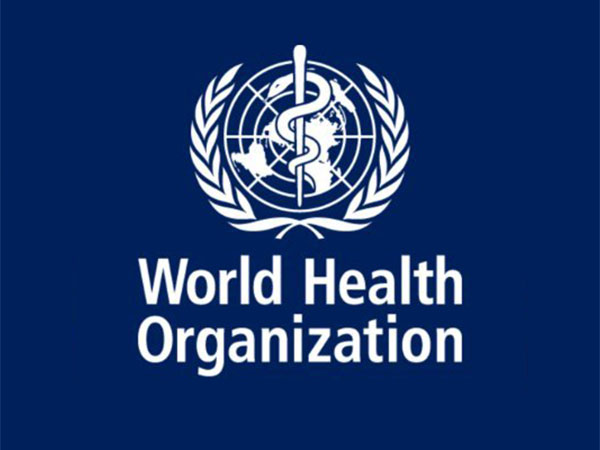WHO Urges South-East Asia to Prioritize Rehabilitation Services
WHO calls on South-East Asian countries to boost rehabilitative and assistive service access to improve life quality and community integration. WHO Regional Director Saima Wazed emphasizes the urgent need for comprehensive rehabilitation amid rising noncommunicable diseases and ageing populations. Regional initiatives focus on integrating services into primary healthcare and leveraging technology.

- Country:
- Bangladesh
The World Health Organization (WHO) has called on countries in the South-East Asia Region to emphasize access to rehabilitative and assistive technology services, crucial for enhancing individuals' quality of life and community participation. WHO Regional Director Saima Wazed highlighted the critical need at a regional meeting in Dhaka, urging countries to prioritize comprehensive rehabilitation services, including physical therapy, counseling, and mental health support, to restore individuals' dignity and hope.
'Rehabilitation encompasses a broad spectrum of essential support systems, from physical therapy for injury recovery to counseling for mental health and addiction recovery,' Wazed said. 'These services go beyond medical treatment; they aim to restore dignity, hope, and the capacity for full societal participation.' She emphasized the urgency, noting that the last two decades have seen a rising need for rehabilitation in the region, a trend set to continue due to the growing prevalence of conditions associated with ageing and non-communicable diseases (NCDs).
Approximately 590 million people in the region need rehabilitation services, with significant demand for conditions like low back pain, vision loss, fractures, and chronic obstructive pulmonary disease, according to an official WHO statement. Despite this, primary healthcare facilities often lack adequate rehabilitation services, and benefit packages provide insufficient coverage. Additionally, there is a significant shortage of healthcare professionals in this field.
The Regional Director stressed the importance of leveraging new opportunities to integrate basic rehabilitation into routine healthcare and expand innovative care models for equitable access, especially in remote areas. 'People and communities must be engaged and empowered, with an emphasis on increasing health literacy and demand for rehabilitation services, including assistive technologies,' Wazed stated.
Persons with disabilities are disproportionately impacted by public health emergencies and face considerable inequalities in various spheres. They are more likely to live in poverty, have risk factors for NCDs, and lack access to essential health services. Strengthening and strategically positioning the rehabilitation workforce, along with addressing existing gaps, is crucial. Rehabilitation services should integrate with NCD, mental health, and healthy ageing programs, and manage humanitarian crises, promoting disability inclusion across sectors, Wazed emphasized.
The three-day regional meeting gathered officials, program managers, rehabilitation experts, and international partners to discuss country-specific examples, challenges, and opportunities related to rehabilitation and assistive technologies. The meeting aims to finalize the 'Framework on Provisioning Rehabilitation Services in the Region,' guiding member countries to enhance these critical services.
Describing this as a pivotal opportunity to transform health and well-being, especially for the most marginalized, Wazed emphasized the need to challenge the stigma surrounding disability and mental health. 'By fostering a culture of empathy and inclusion, we can create a society where individuals feel empowered to seek help without fear of judgement or discrimination. Promoting sustainable social and economic development can mitigate the rising costs of rehabilitation services across the region,' she added.
(With inputs from agencies.)
ALSO READ
U.S. Surgeon General Urges Action on Parental Mental Health Crisis
Govt Commits $3.7M to Rollout of Mana Ake Mental Health Support in Hawke's Bay and Tairāwhiti
Government Welcomes Transition to Mental Health-Led Crisis Response
Abhinav Bindra Emphasizes Mental Health: A Crucial Aspect in Sports
Delhi Government Expands Mental Health Program for Students










